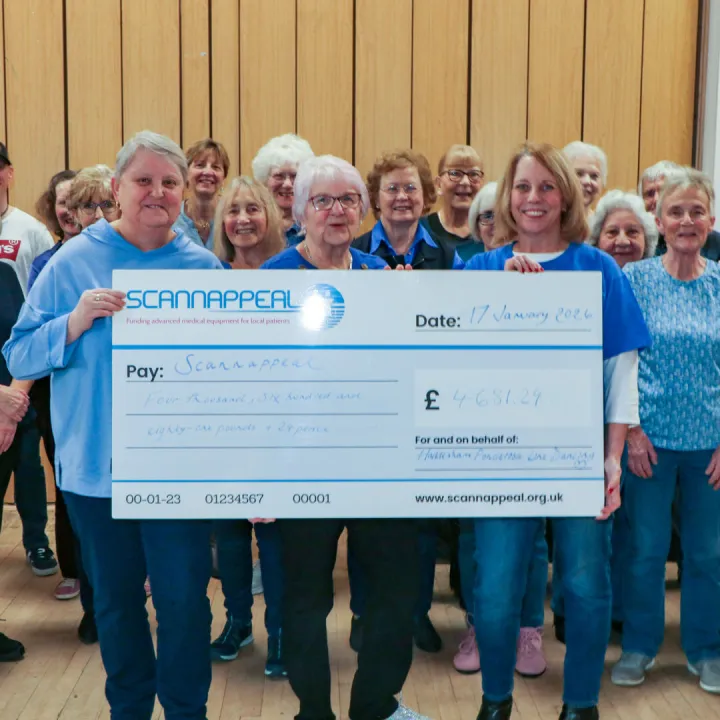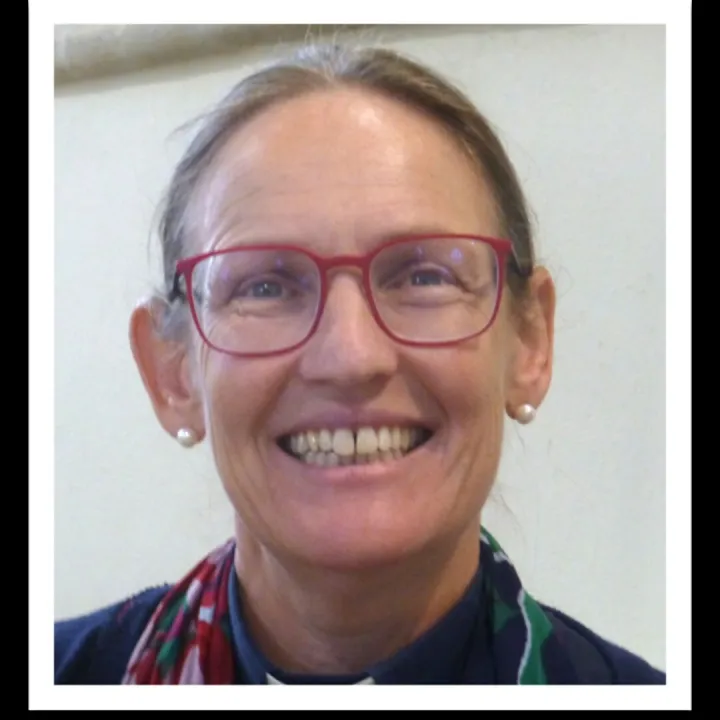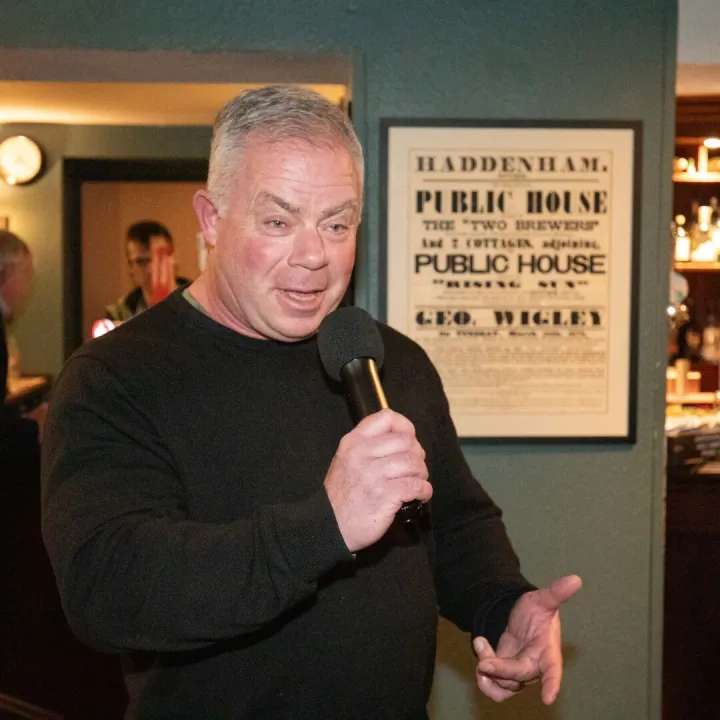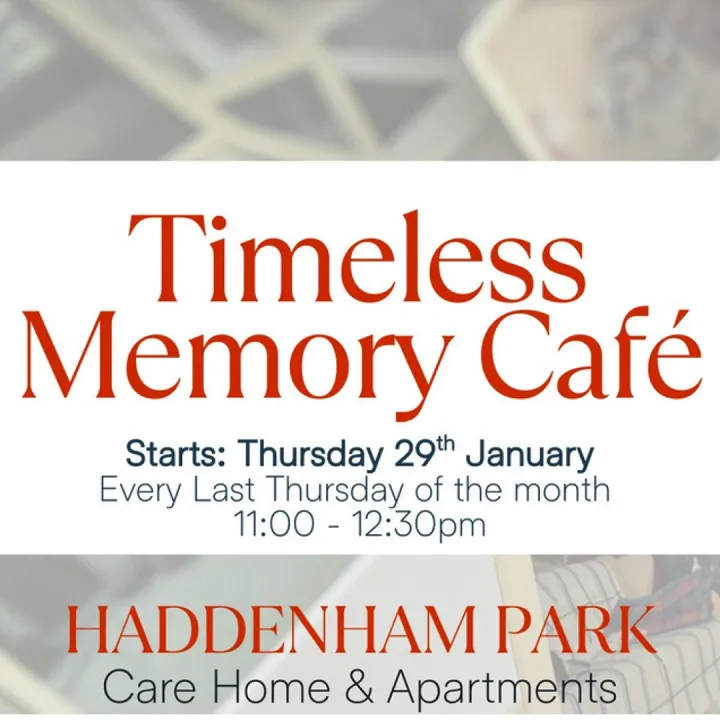Tensions over NHS 111 Service
The battle for NHS 111 ~ who should run it now?
General practitioners are on a collision course with senior civil servants over plans to give patients who dial the government's 111 medical triage helpline the right to demand contact from a GP at their registered practice, an investigation by the BMJ has found.
Email correspondence between senior figures at NHS England obtained by the BMJ reveals a desire to insert new clauses into GPs' contracts, which would allow breach of contract notices to be served to GPs who fail to see or speak to with patients that have been diverted from 111 call centres. But GP leaders say plans to alter their contracts would be strongly resisted, as they would overburden already overstretched practices, and allow remote lay call handlers to dictate to clinicians on whether patients should be seen.
The findings come at a crucial juncture for the telephone triage service, which faced huge problems with staff shortages, treatment delays and ambulances being summoned unnecessarily when it launched at Easter 2013. It suffered a further setback in July, when NHS Direct, which was providing the service to around a third of England, pulled out of all its contracts, after admitting it could not afford to operate the service on the contractual terms it had accepted.
NHS England insists the service has overcome these initial problems, and is now providing a good service to patients. But the investigation found that the cost of correcting the initial mismanagement of the service is likely to run into tens of millions of pounds.
One commissioning body alone has estimated that its re-procurement process will cost £500,000, with 13 contracts due to be re-tendered.
NHS England has already invested an additional £15m in funding to shore up 111 services this winter.
Critics said the cost savings anticipated from awarding contracts to the apparent lowest bidders will be dwarfed by the cost of propping up the service and re-procuring contracts. Clinical commissioning groups have been told not to retender any 111 contracts until 2015, with contracts previously held by NHS Direct being transferred to temporary "step in" providers, the majority of which are ambulance trusts.
The BMJ found this has led to further tensions over the future running of the service, with GP out-of-hours co-operatives fearing a land grab from ambulance trusts, which now provide 111 services for almost 34 million people – some 61% of the population.
GP out-of-hours co-ops said they were better placed to operate the service, as the majority of calls to 111 are for queries most suited to being seen in primary care.
As part of its investigation, the BMJ obtained details of the financial terms offered for 27 of the 46 111 contracts currently in operation via FOI. A further sixteen areas refused to provide data, citing the need for commercial confidentiality, while the remaining three areas were unable to provide figures.
Across the 27 areas which did provide data, commissioners awarded contracts worth more than £320m to service providers. This included £150m for contracts which began in April, 2013, but which will have to be re-tendered following NHS Direct's withdrawal. The majority of this figure is accounted for by former NHS Direct contracts in the West Midlands (£93m) and the North West (£50.3m), both of which suffered huge difficulties when the service launched in April.
Peter Holden, lead negotiator on 111 for the GPC, and a GP in Derbyshire, warned that obliging GPs to see patients directed from 111 could place huge pressure on already overstretched GP practices. Holden added that GPs would not accept being dictated to by lay call handlers.
"We're already seeing 60 to 70 patients a day. We cannot do any more safely. We are absolutely saturated," he warned. "We said quite clearly, there's no way we are going to be told that we are obligated to see patients sent via 111. What we do is re-triage patients and decide what we're going to do. But we are not going to have some lay operative working a computer programme telling us how to practice medicine. We're not having it, end of."
A spokesperson for NHS England said GPs were required to "care for patients as necessary" as part of their contractual terms.
The spokesperson added: "We are working with the BMA to consider a joint statement which ensures practices make sure they meet this obligation. This is vital if a patient has been triaged through the clinical algorithm and the practice can respond with appropriate and timely clinical response."
Barbara Hakin, NHS England's chief operating officer and deputy chief executive, said NHS England was examining the issue closely as part of its wider review of the service.
On the service generally, Hakin said: "We did have a problem, there is no question. But that's over now and patients are getting a good service. We're not complacent; we know we need to support CCGs to keep this service right over the winter. But 111 is here to stay, we need to continue to make clinical and practical improvements to it."







